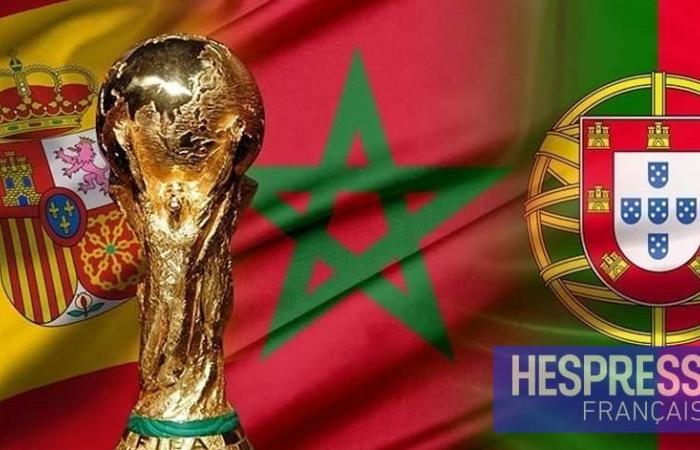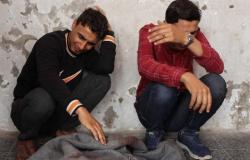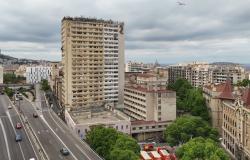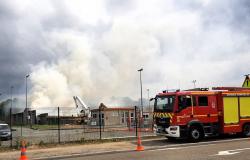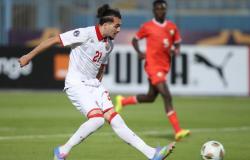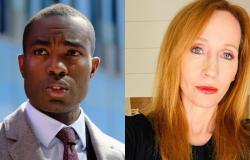While the 2030 world Cup promises to be a historic meeting bringing Morocco, Spain and Portugal, certain political actors are working to disturb the collective momentum aroused by this unprecedented co-organization. In the Spanish congress, the Republican left of Catalonia (ERC) presented a non -legislative proposal calling into question the participation of Morocco, invoking the penalization of homosexual relations in the kingdom.
This accusation lacks creativity. This type of discourse is reminiscent of the controversies aroused in 2022 on the eve of the World Cup in Qatar, when similar voices had used the argument of human rights to question the organization of the event in the Gulf emirate. An amalgam then made between legitimate societal issues and political ulterior motives. Today, the ERC reactivates the same logic, expanding its target to Saudi Arabia, a designated host of the 2034 edition, in an offensive with variable geometry.
Behind the apparent defense of universal principles, a targeted political positioning takes place, where Morocco appears as the main point of sight. And this, at the very moment when the country asserts itself as a key player in sports and regional diplomacy, recognized for its organizational capacities and its ambitions shared with its two Iberian partners. The ERC initiative thus calls on the Spanish government to challenge the choices of FIFA, without ever recognizing efforts or progress made in the preparation of this common project.
Under cover of the minorities, this outing is akin to a political maneuver of opportunity, aimed at capitalizing on identity debates to reposition itself internally on the Spanish political spectrum. The Catalan independence party, loss of speed, seems to want to regain visibility by focusing on divisive and symbolic subjects, at the risk of weakening a large -scale common sports project.
The authors of the proposal: FranceSc Marc Álvaro Vidal, Jordi Salvador I Duch and Etna Estrems Fayos, in particular ask Spain to guarantee human rights within the framework of the joint organization, while demanding that FIFA suspends the choice of Saudi Arabia for 2034 in the absence of explicit guarantees on fundamental freedoms and working conditions.
-But by dint of being raised at each major global sporting event, this type of discourse gives the impression that certain political currents make fire of all wood as soon as it is a question of judging non -Western countries. An often unilateral, selective, and deaf look at internal dynamics and local social developments. The debate on human rights deserves better than cyclical instrumentalization according to partisan interests.
This campaign seeks to impose a unique model by ignoring the cultural and legislative specificities of the countries concerned, in the flagrant contradiction with the principles of pluralism, diversity and mutual respect yet carried by Europe.
Moreover, several observers underline the opportunistic character of the calendar: the initiative comes barely a few months after the official announcement of the Morocco -Spanish trio – portal as host of the 2030 World Cup, a phase supposed to be devoted to the cooperation and the implementation of the project, not to its questioning.
Faced with these attempts to blur the lines, Morocco remains focused on the essentials. True to his trajectory, he works to organize an exemplary World Cup, up to his regional and international influence. More than ever, the Kingdom relies on its strategic alliances and its growing anchoring on the world scene, far from the cyclical bidding, called to fade before the realities of mutual interests and the deep geopolitical changes.

